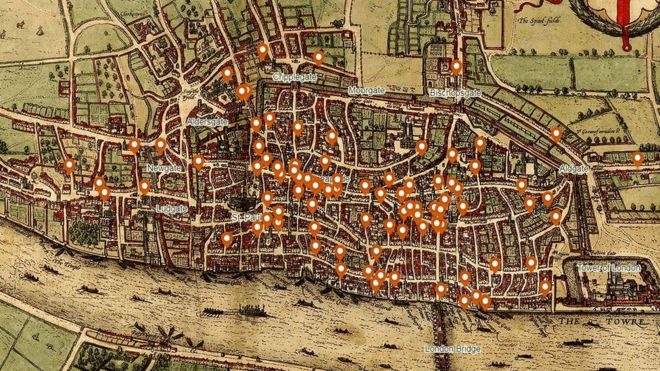Time flies, probably like a banana, when you’re too busy to notice. So we’ve suddenly arrived at this month’s collection of links to items you missed the first time round – and considering it’s the “silly season” (aren’t they all nowadays?) we’ve got a well packed, and very varied, bag this month.
Science, Technology & Natural World
A lot of what we now consider normal technology has its origins in the Cold War.
We often forget that there are volcanoes under the sea as well as on land, and they can produce huge rafts of pumice.
The universe is weird, and weirder than we can imagine. Look at the night sky and you’re being blasted by all manner of high energy radiation. Now astronomers have found the Crab Nebula emits incredibly high energy gamma rays.

An infographic about the majesty of trees.
For a long, long time the Japanese have looked upon sightings of rare fish as an omen of earthquakes. Now they are being urged not to as there is no evidence to support the belief.
Well who knew? Apparently black squirrels (yes, they are a thing; they’re in the UK and I’ve seen them in Washington DC; they’re rather handsome!) are the result of an interbreeding between grey squirrels and close relatives fox squirrels which produced a faulty gene now being passed down through grey squirrels.

At least one species of ant keeps its nurseries cleaner than we humans keep ours.
Every ten years Painted Lady butterflies undergo a massive population explosion and there are millions of migrants to the UK.

Health & Medicine
A top epidemiologist takes a look at the nightmare which is infectious disease aboard cruise ships.
Anyone, especially older people, on a medley of medication has an increased risk of unintended harm.
How about instead of women suffering through the menopause because they can’t be open about it, we actually fix society’s attitude so there can be open discussion and greater understanding from employers?
A significant minority of women suffer painful sex due to vulvodynia, and all too often it is not taken seriously.
And why we’re on lady bits, here’s an article explaining why the vagina doesn’t need to smell like a bouquet of flowers. And anyone who says otherwise is either indulging in patriarchy or marketing bollocks.
Oh no! We’re still on the same topic! One young lady, a sexual abuse survivor, was scared of having a smear test, but was helped through it by Twitter.
And still more … An interview with Canadian OB/GYN, Dr Jen Gunter, who is on a crusade to tell the truth about women’s health and expose the purveyors of snake oil. And here’s another interview.
And still with Dr Gunter, here’s a long essay adapted from her new book The Vagina Bible: The vulva and the vagina – separating the myth from the medicine. Buy the book; I’m reading it and it is excellent. [LONG READ]
Sexuality
One lady appreciates her pubic hair.
Well from there the only way is up …
Environment
A report in the RSA Journal argues that we need to be building homes not housing and that property should be on a human scale.

On continental Europe, apparently wild boar are being a problem in cities. This article looks at how Barcelona is fighting back. [LONG READ]
Ungardening … how to make your garden a wildlife haven.
Social Sciences, Business, Law
Ten reasons why you should be worried about facial recognition technology.
So how will the world’s major religions cope with the discovery of alien life?
Do you need to be able to address anywhere on Earth? Even the middle of the ocean? You need What3Words, a brilliantly simple idea with an app that has saved lives.
Language
We keep hearing that the English language is going to the dogs. But language always has changed, and always supposedly for the worse. Maybe it’s time to stop worrying about the English language. [LONG READ]
Wherever there is language, people swear, so trying to ban swearing is pointless. Besides there is some evidence that people who swear are more honest.
Art & Literature
How can medievalists get excited about a scrap of parchment? When it contains a fragment of a “vagina monologue”.
Following on from which there is a new translation of the gleefully indecent poems of medieval welsh feminist poet Gwerful Mechain.
We all know about haiku, but there was a ruder equivalent called Senryu. [LONG READ]
You’ve almost certainly heard of Eric Gill, but did you know he had an equally talented younger brother MacDonald “Max” Gill? This is an old review of a long gone exhibition, but serves as an introduction to his work.
History, Archaeology & Anthropology
So who were the mysterious people who preceded the Ancient Egyptians?
Still with Ancient Egypt, an article of the hugely important role of the scribe. [LONG READ]
Archaeologists have found evidence of early fish tapeworm infection at one of Britain’s most important prehistoric sites.

Coming forward several thousand years, metal detectorists have uncovered a huge hoard of important late Saxon and early Norman coins.
Now we enter the modern era! The Victorian introduction of the penny post revolutionised the way we communicate.
Lifestyle & Personal Development
Our favourite Zen master, Brad Warner, on the meaning of life.
And finally … The Victorians (of course!) apparently convinced married couples to sleep in separate twin beds. So how and why did this change?
Phew! There was a lot of that – hopefully something for everybody. More next month.
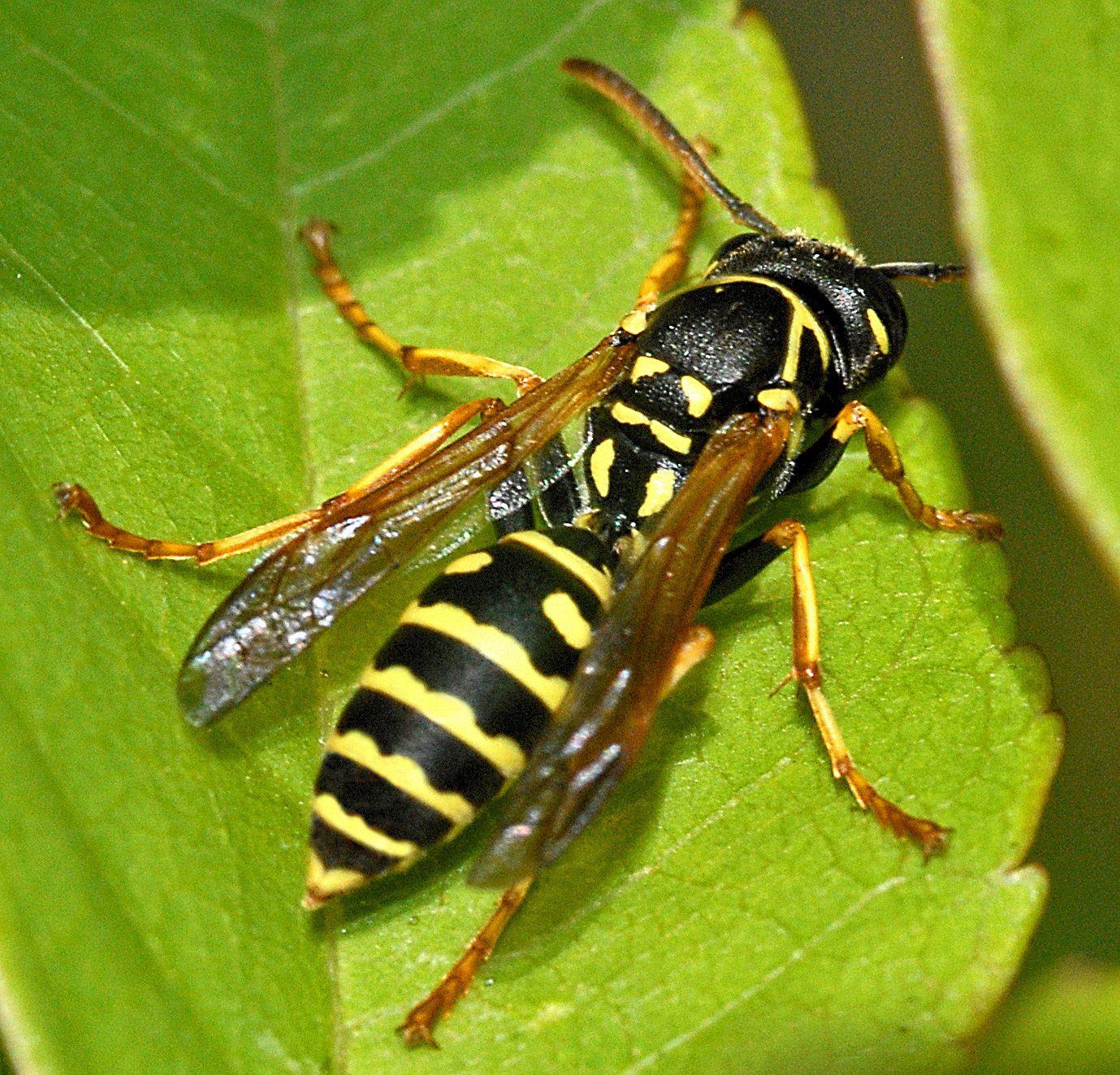 An article on the American woman who established industrial medicine and toxicology.
An article on the American woman who established industrial medicine and toxicology.
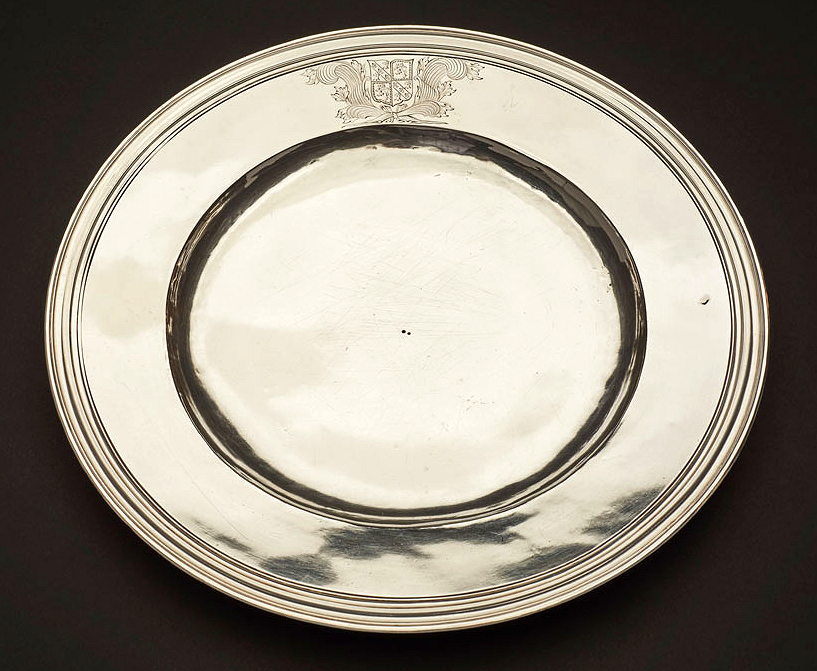




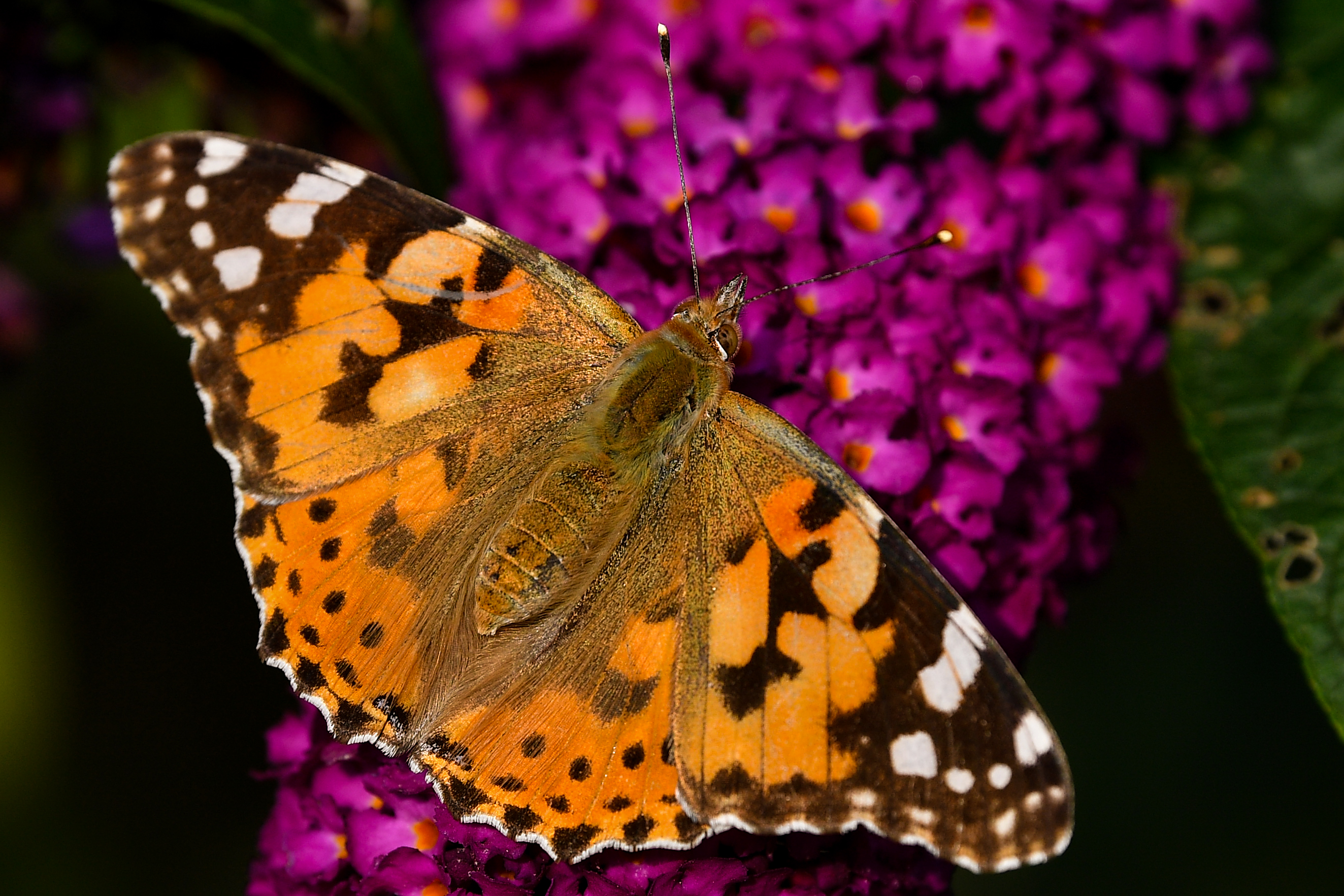

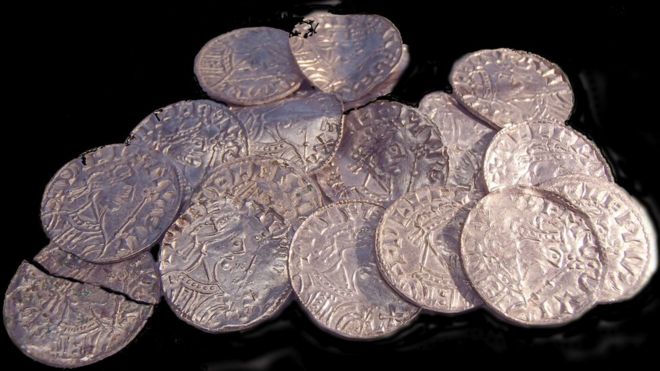

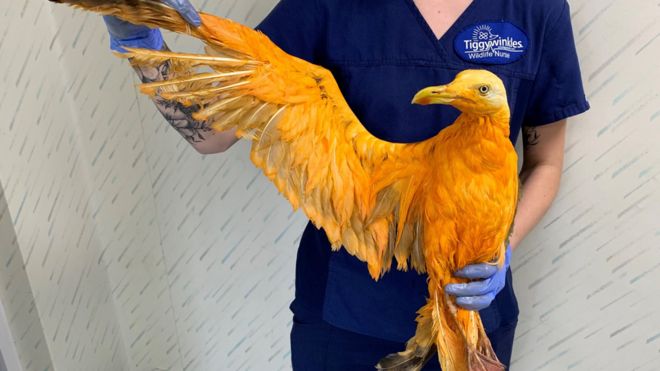



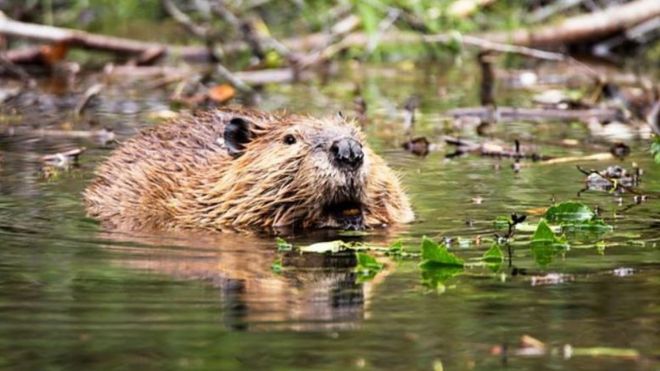



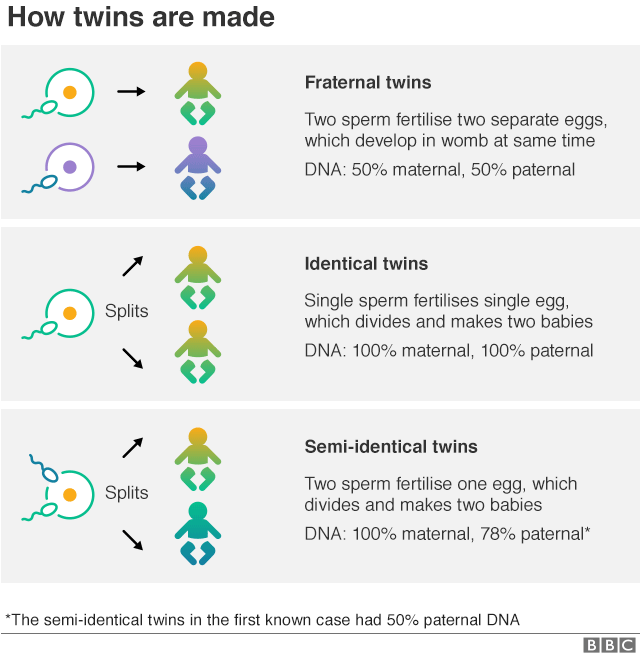
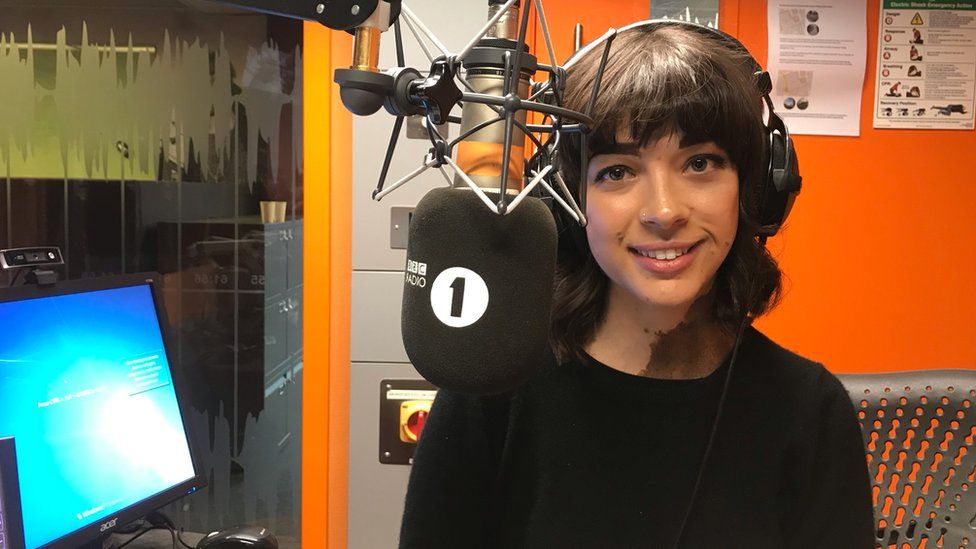

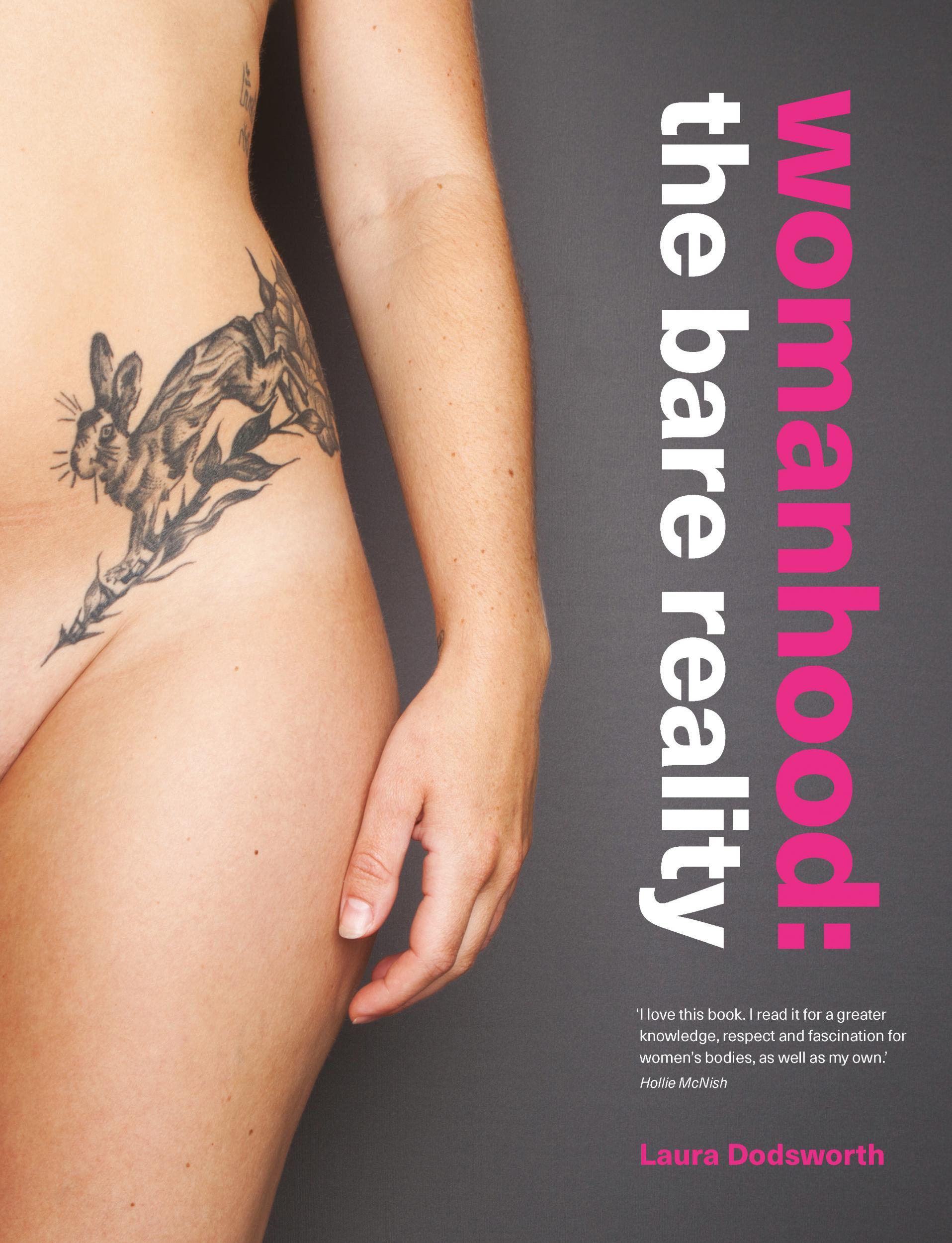 Book Review:
Book Review: 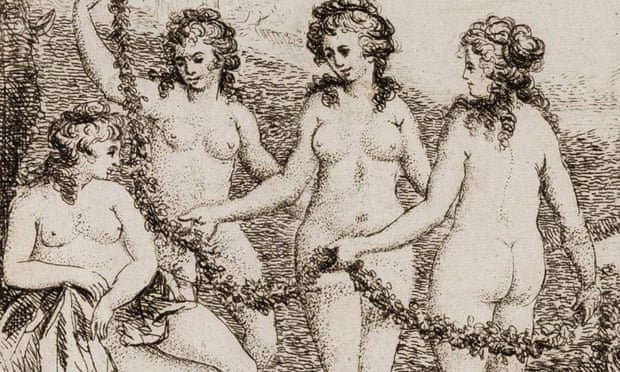
 London’s National Portrait Gallery has an exhibition of Elizabethan miniatures by Hilliard and Oliver, including one of Sir Walter Ralegh (right).
London’s National Portrait Gallery has an exhibition of Elizabethan miniatures by Hilliard and Oliver, including one of Sir Walter Ralegh (right).
